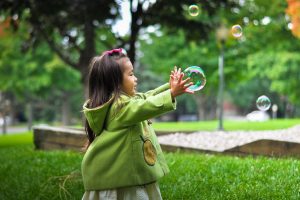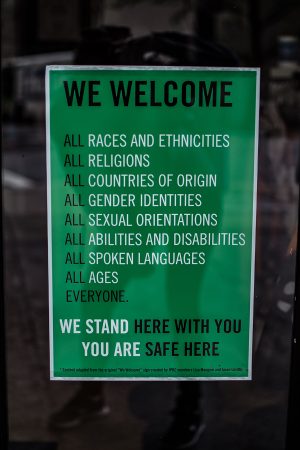

The growing global interdependence that characterizes our time calls for a generation of individuals who can engage in effective global problem solving and participate simultaneously in local, national, and global civic life.
The Zero Project, of the Harvard Graduate School of Education, in collaboration with the Asia Society and the U.S. Council of Chief State School Officers define global competence as: “the capacity and disposition to understand and act on issues of global significance.” (Boix Mansilla & Jackson, 2011).
Globally competent people:

Are curious to investigate and to know about the world, countries, different cultures, religions, history.

Recognize their own perspective of the world, they know their culture, their history, their reality and they recognize the perspectives that others have of the world. And in that acknowledgment, they understand that all of them are valid, theirs and that of others.

Know how to dialogue with the one who is different, they learn their language, they adapt language, they empathize with each other, they always relate from respect.

Participate globally in the joint identification of problems and in the joint search for solutions.

“As we operate in homogeneous spaces, we feel comfortable. When we are with people who think very differently, we are predisposed to form stereotypes, to resist, not to find the wealth of the identity of the other. You have to learn to live in diversity. We need to train lovers of difference, people who can build cultural bridges between one region and another. Young people who can participate in a civic and respectful way, in the world and in the online world. Diversity is the new norm of the world.”
Verónica Boix Mansilla, Harvard University Researcher (USA)
If we want our students, children or colleagues to respect, value and live with people from other cultures, traditions and religions, they must first learn to respect and live together with those who are sitting next to them.
If we want our students, children or colleagues to change the world, we must first allow them to help us change the school, the family, the organization in which they work and must guide them on this path.
We must help them develop personal, social and relational abilities and competences.
We cannot unleash the global consciousness of young people and adults from their daily conscience, from day to day, of those close to them. The world is in their classrooms, sitting next to them, in their neighbourhood, in their city, in their organizations.
We need to teach them how to solve the problems and challenges they have in their daily lives, which they have in their relationships with their peers. This is the beginning of the path that will lead us to develop the consciousness and global competence of our students, children and colleagues.
The global competence we want to develop in them starts at a local level. Positive Discipline is a very powerful lever that will help us do so.